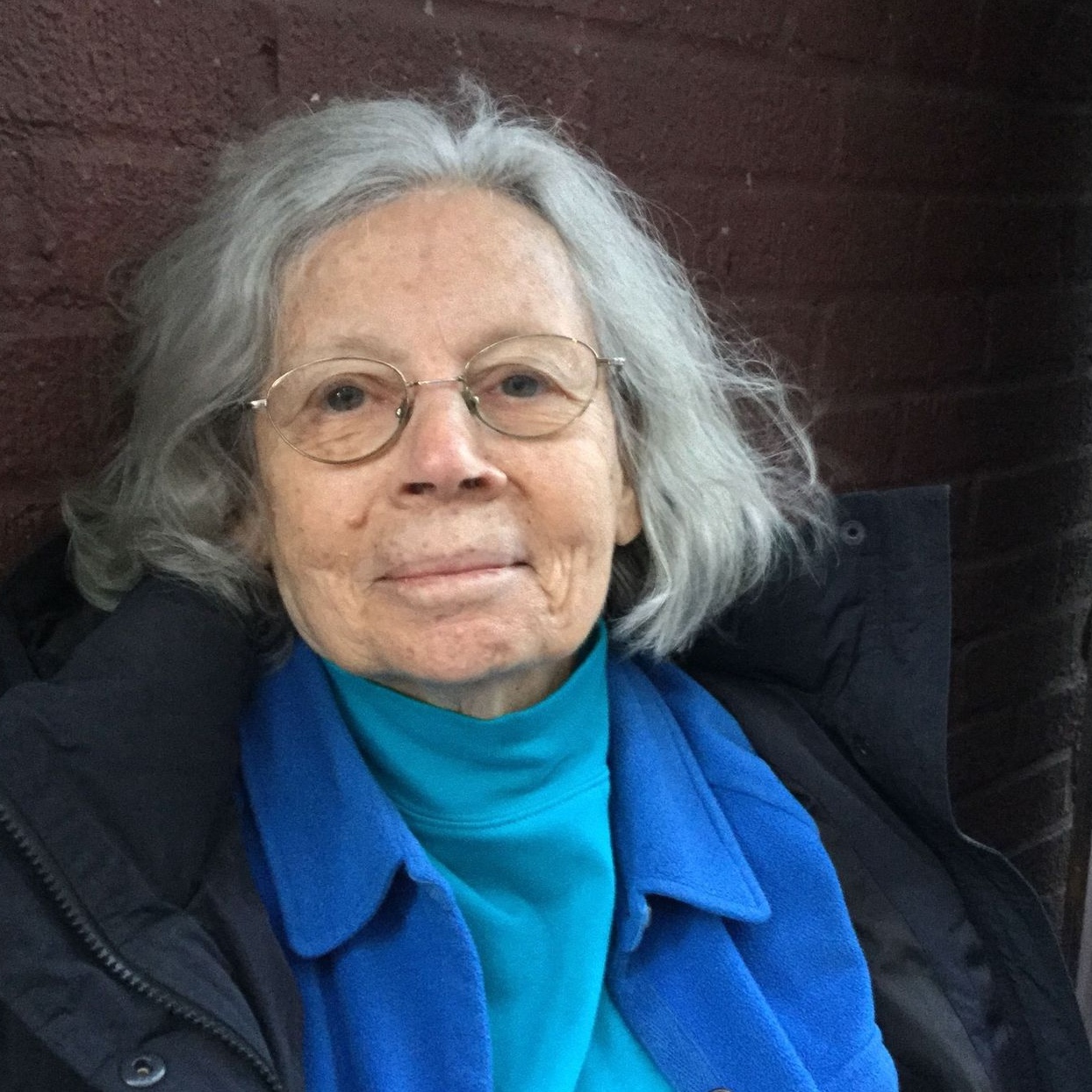—he became a teetotaler out of his socialist convictions; during
the war he began to drink again
—he was casual; he kept his tie in his pocket till the last minute
before oral exams
—he left me on the street to be picked up by the nuns from the
orphanage; he watched me from a distant doorway
—once he refused to hit me; he told my mother his hand was
too large
—he wrote to his aunt that he hoped the baby would be a boy
—when he was a student, jews were not permitted to sit in the
front rows of lecture halls; he made it a point to
stand through the lectures; ultimately, jews were
allowed to sit
—he was a discus thrower
—according to some, he got along with everyone: jews, goyim,
children
—he was caught a couple of times by the germans; they thought
he was a polish smuggler
—once he was put on a train for treblinka; he jumped, was shot at
and wounded, but got back to warsaw alive
—he believed in resistance
Published:
1975
Length:
Regular
Literary Movements:
Contemporary
Anthology Years:
2025
Themes:
Education & Learning
Faith & Hope
Family
Memory & The Past
Politics
Strength & Resilience
Violence & War
Literary Devices:
Anaphora
a figure of speech in which words repeat at the beginning of successive clauses, phrases, or sentences
Conditional Statement
statements of an “if-then” or “unless-then” situation (although “then” is not used), or a probability
List Poem
A list poem features an inventory of people, places, things, or ideas organized in a particular way, usually numbered.

